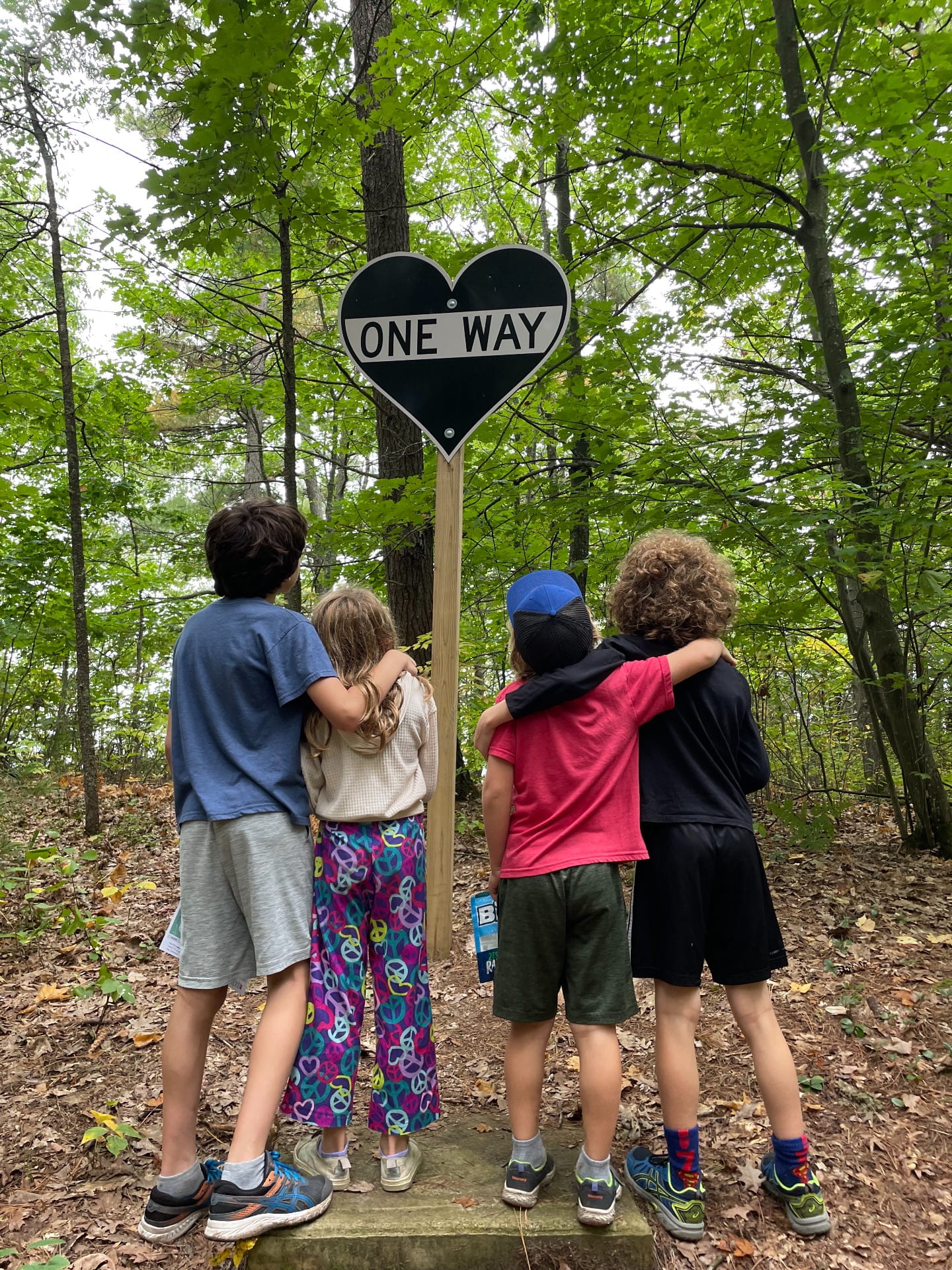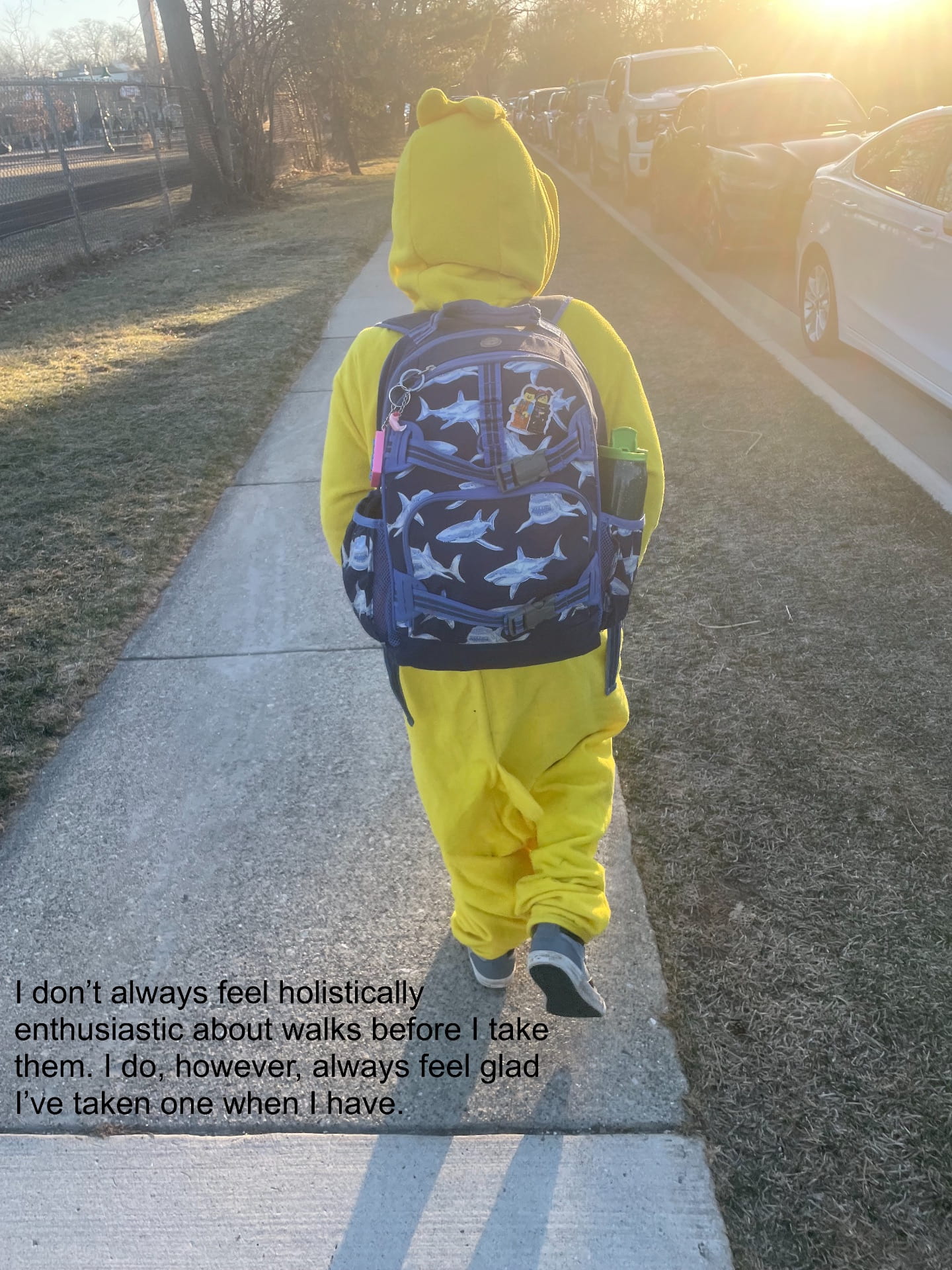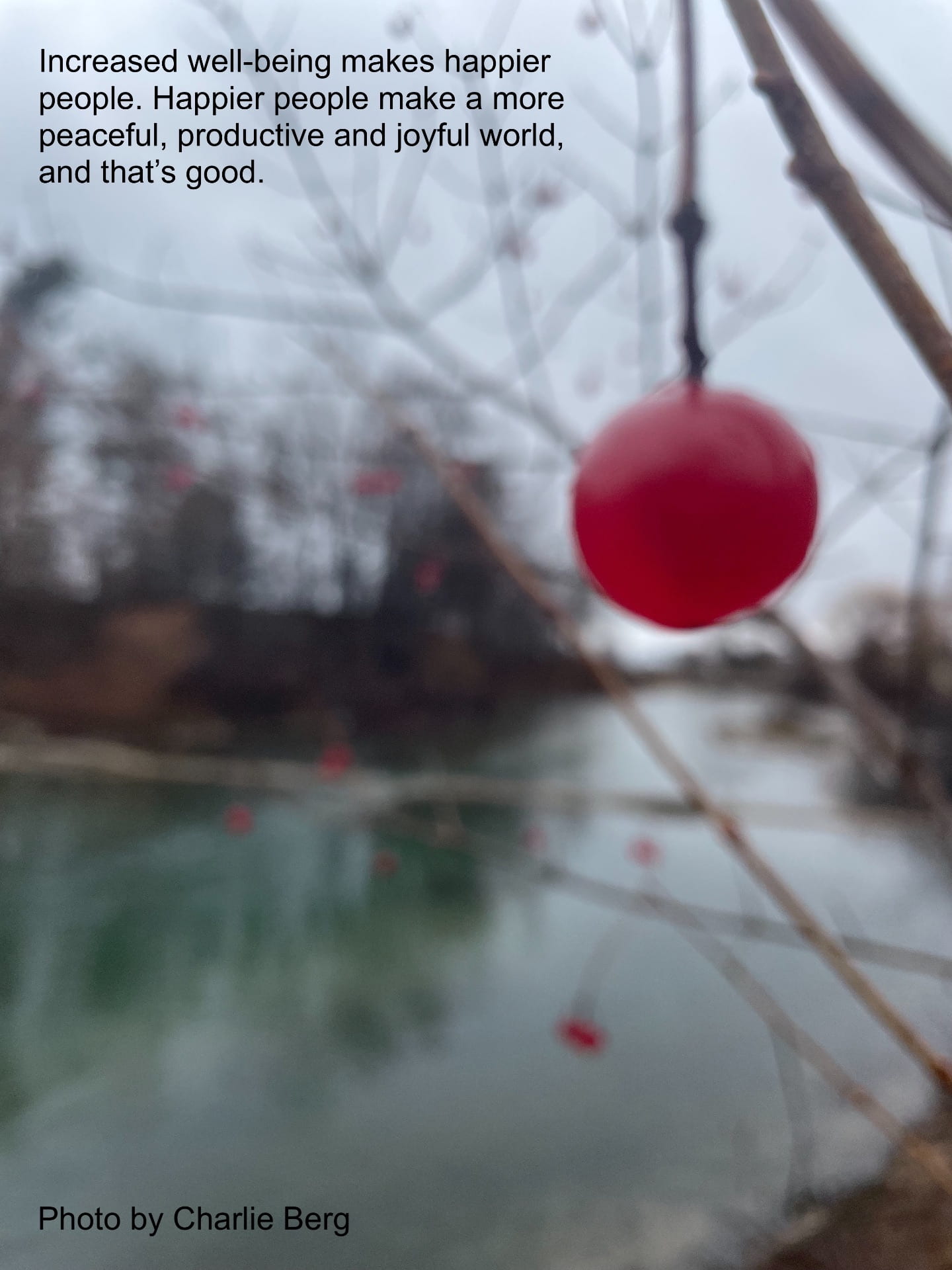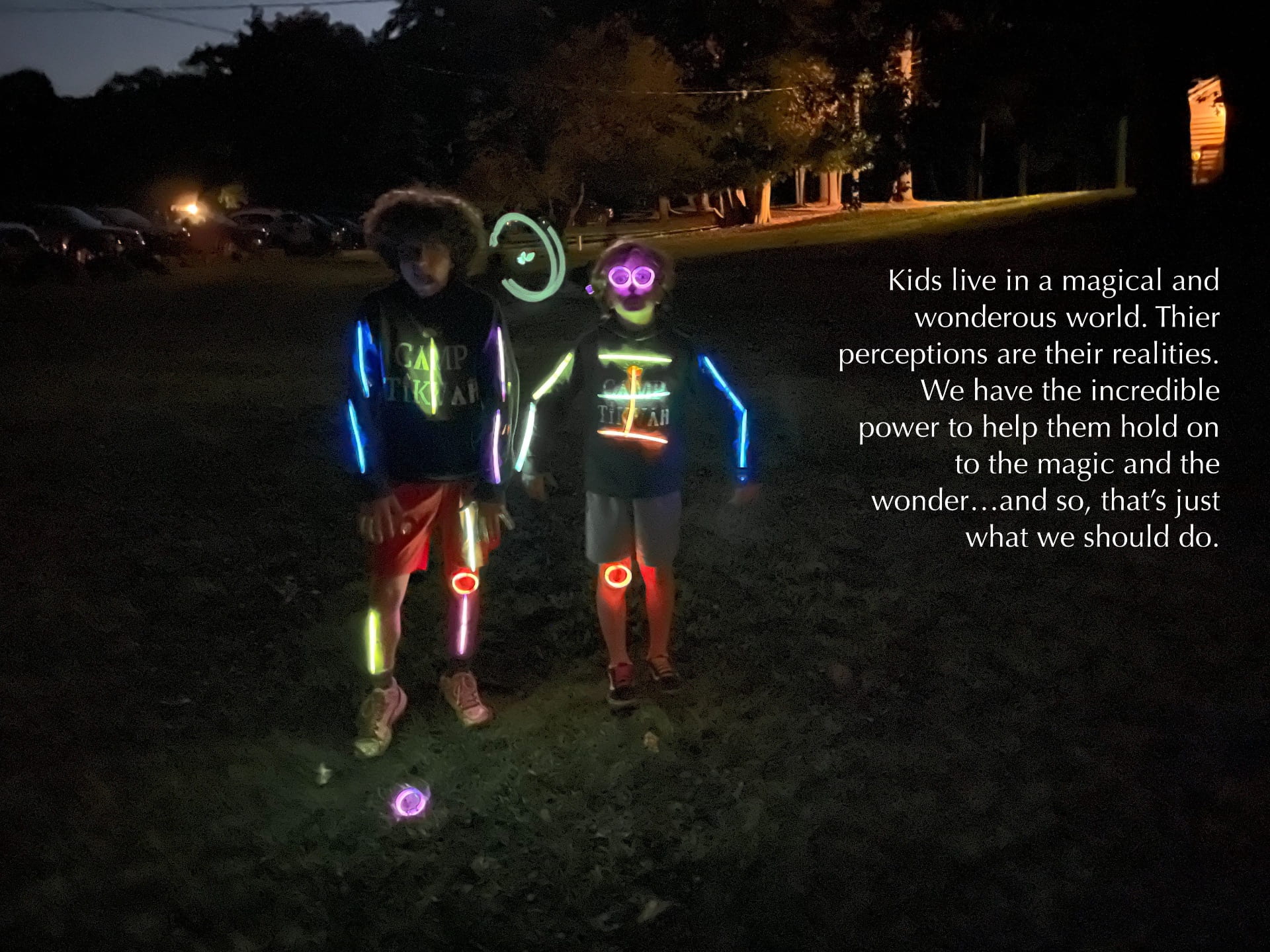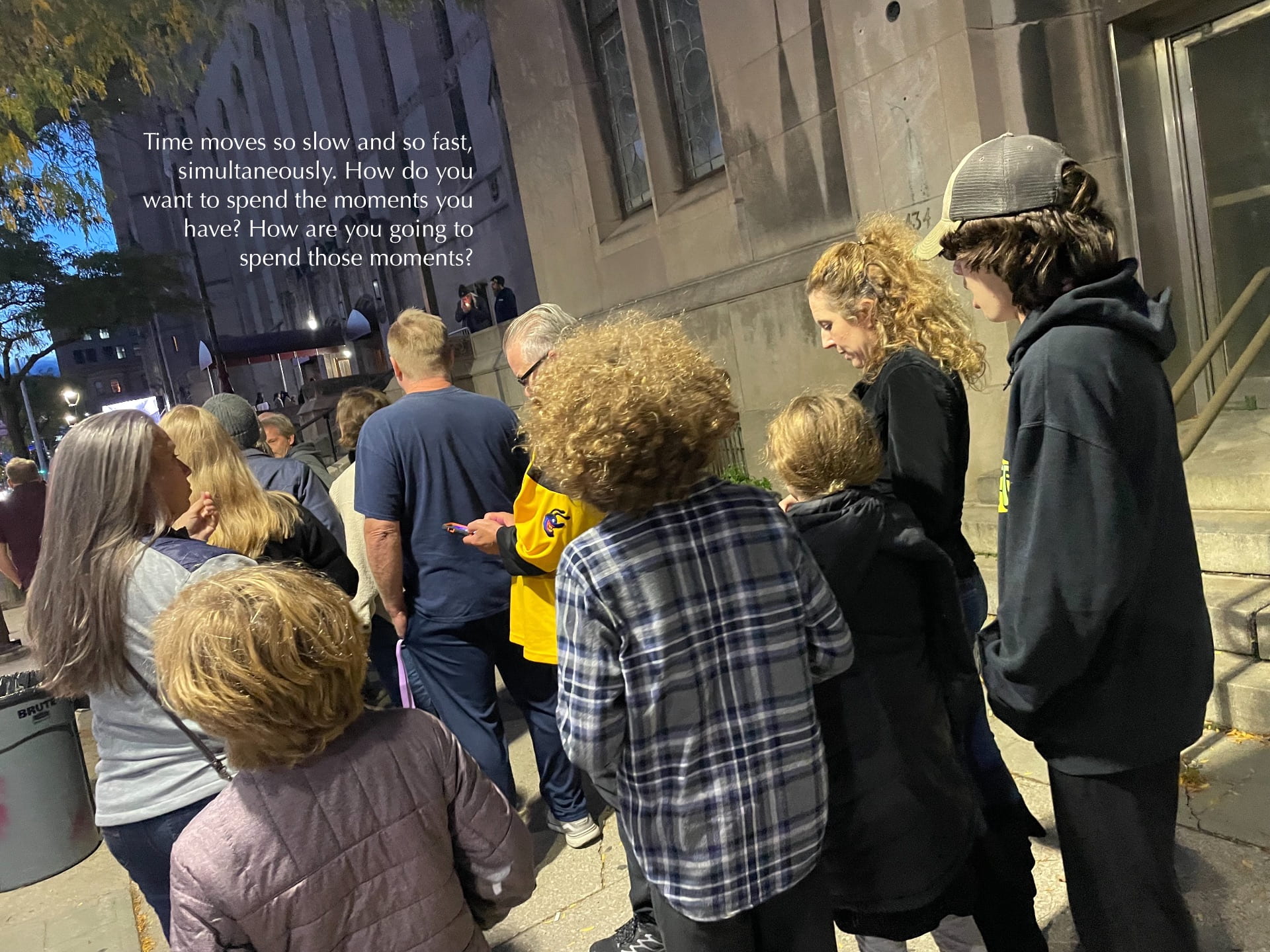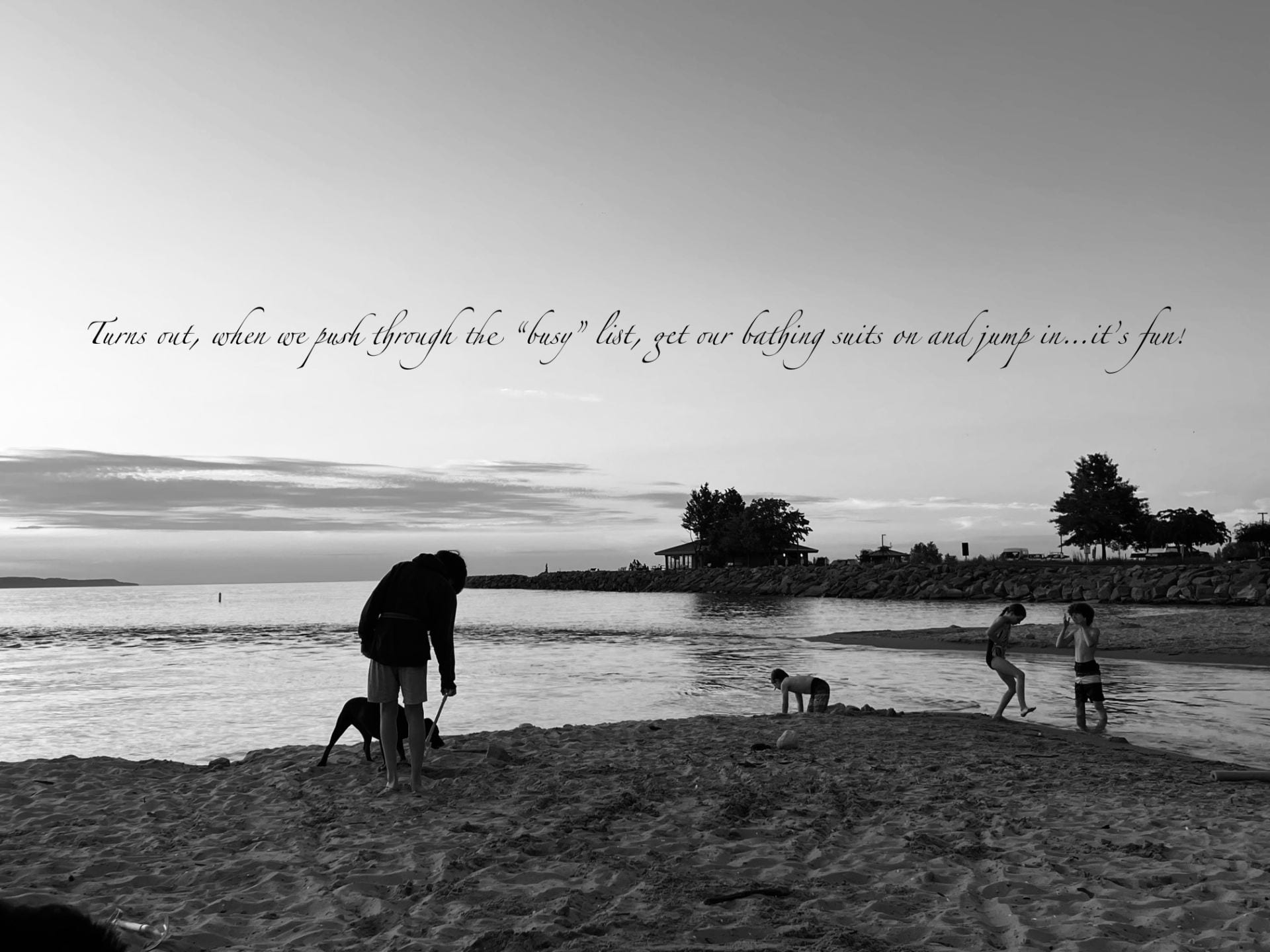
My wonderful, amazing, incredible, gorgeous, phenomenal, brilliant Aunt Florine passed on Friday morning.
I last spoke with her on Wednesday. Per usual, she answered the phone, “Good morning, my wonderful, amazing, incredible, handsome, phenomenal, brilliant nephew Seth!”
Per usual, I responded, “Go on.”
Even though we’d played that back and forth a thousand times over the past several decades, once again, we laughed together.
My Aunt Florine laughs from her heart. A wonderful, amazing, incredible, gorgeous, phenomenal, brilliant laugh. As I write this reflection, I can hear it.
On Wednesday we talked about love.
We talked about Israel and our prayers for peace; peace for our family, peace for our friends, and peace for all innocent people.
When my Aunt Florine speaks you hear and you feel her words. She sees what she sees, she knows what she knows, she wants what she wants, and for the most part, she has always had the ablity to will her vision into reality.
Hearing her talk about a vision of peace has me believing it will one day be true.
Hearing her tell me she loves me fills me with love. I can hear her telling me, even now.
Yesterday we ate dinner with our cousins at my Aunt Florine’s house. Unlike every other time for the past almost fifty years of my life, she wasn’t at the table.
This time, instead of being at the table, she was everywhere. In every hug and every tear, in every memory shared, and in every grief-stricken gaze. In every comforting smile. Everywhere.
My children spent their time walking around the house, touching, feeling and thinking about every familiar thing. Their Aunt Florine is so intensely important to them.
Through his tears our 8 year-old leaned in to tell me how sad he was that he just thought of something he wanted to tell Aunt Florine, and now, he can’t tell her anything.
I told him I understand that feeling and the heartache associate with it. Then, I told him I believe there is a way.
I reminded him about something he and I have discussed many times. I believe people bound by love are bound for eternity.
He leaned in further to sob into my shirt. Then, after restoring a bit, he went for a walk.
Aunt Florine’s house is filled with endless interesting things. I watched him walk off, pausing here and there, breathing in eight years of memories of his beloved great aunt.
He eventually stopped, sat on a couch, and rested. I joined him after a short while.
We sat together for a moment before he told me “something strange” had happened.
He said that in his mind, he told aunt Florine he loves her, and that as he did an object came into view. He pointed to a picture frame no more than two feet in front of us on the coffee table. The words, “love you more” were etched into the frame.
That’s how Aunt Florine always responds when you tell her you love her.
“Love you more!”
He smiled. He said it was strange that he came to that spot, on that couch, in front of that frame. He said he didn’t notice it until just after he told her he loves her.
He was transformed. He was now filled with lightness where there had been distinct heaviness only moments before.
I suggested he was experiencing the connection we talked about, and that “strange” thing that happened might have actually been Aunt Florine telling him “love you more!”
I said I believe it was. His smile widened. His Aunt Florine loves making him smile.
Is it strange to feel bonded in love, even after a loved one has passed? Is it strange to see and hear messages of love in signs all around us?
Maybe the evidence of a continued connection is the same as the evidence that provides us with proof of a love bond in the first place. We feel it. Those feelings belong to us. Those feelings are our birth right. Human beings feel love.
I believe we can trust those feelings. I believe we should lean into those feelings. I believe those feelings are a gift to be nurtured and cherished.
To the best of my knowledge, we can’t know for certain what happens to us from a spiritual, metaphysical standpoint when we pass. We can, however, know and trust what we feel.
I feel indelibly connected to my Aunt Florine. Possibly even more so than before. All I feel, and all I have felt from the moment I learned that she had passed is love. All I remember is love. It’s comforting. I see it as a gift.
My Aunt Florine is my mom’s sister. They have another sister named Sandy and their mother’s name is Ruth.
Ruth (Nana) and Sandy both passed several years ago. Nana, Aunt Florine, Aunt Sandy and my mom are, by far, four of the most brilliant, strong, resilient, and loving people imaginable. My mom now carries the torch on behalf of all of them. It’s an intensely bright torch, to be sure.
They are each formidable women who have impacted the lives of countless people in very positive ways.
My Nana filled rooms by simply stepping into them. You could not help but be drawn to her. She is a force. Funny, loving, and strong beyond measure. My Nana is with me every day.
My Aunt Sandy was tremendously successful in business. Her presence as a loving daughter, sister, aunt and friend is magical and undeniable. She poured herself into everything and everyone. She is universally loved and well known for her civil rights efforts, specifically the impact she has made in the areas of access and equal rights for all. My aunt Sandy is with me every day.
My mom is a Ph.D…”Dr. Micki” (and “Dr. Mimi” to her grandkids). She’s an author, an international motivational speaker, and an inspirational life coach. Almost two years after having a massive stroke my mom continues to inspire us each day with her strength, her light-hearted wisdom, her sharp wit, her persistence, and her resilience. You can view her Ted Talk here: “Ageless Wisdom – Explore Your Untapped Potential by Dr. Micki Berg” and you can read her book here: “I Don’t Want To Be Anybody But Me: The Stories Of Women Who Experienced A Dramatic Shift From A Negative To Positive Self-Image (Workbook Included)”
My Aunt Florine is a captain of industry. Her contributions in the field of health and wellness have been nothing short of gargantuan. She has been an advisor to business and political leaders at all levels. She has mentored countess entrepreneurs and helped to develop businesses in all sectors as a member of boards and as a trusted thought partner. She has been an author and a speaker. She is a passionate philanthropist whose massively generous donations have been life affirming and life saving for countless people in need.
Most importantly my Aunt Florine is a loving daughter, sister, wife, mother, grandmother, great grandmother, aunt, great aunt, friend and partner.
Throughout my life, my Aunt Florine has showered me with love and affection. She has unfailingly done the same for Lorelei and our kids.
In recent years she’s supported my growth as a husband, a father, a son, a brother and a community leader by being genuine, open and vulnerable. She is an incredible role model.
I count myself truly blessed to have her in my life. Through ups and downs she’s been real with me, helping me tread a path of triumphs and challenges with hope, optimism and faith.
“Something strange” has been happening to me since she passed. I’ve felt her presence more deeply. I’ve had visions of her energy spreading far and wide, continuing to contribute to the positive on an even grander scale.
Maybe it’s a part of my grieving process. Maybe it’s a reassuring thought I’ve manufactured to save myself from the intense heartache I’m not quite ready to feel.
On the other hand, maybe it’s true.
Maybe our connection to those we’re bound in love with is eternal and indelible.
Maybe a legacy of love as strong as my Aunt Florine’s becomes a limitless and unstoppable force, that spreads across the world planting seeds of peace and compassion wherever it goes.
Yes…that. I believe that. That’s what I believe.
My Aunt Florine signed her letters, “Love, Love, Love” and she insisted, “Love you more!” In response to expressions of love.
With everything she’s done, it is overwhelmingly the love that defines her. From my perspective, love has always been her foundation and her reason.
When Lorelei and I brought our kids to our Aunt Florine’s house every single day for more than a year during the pandemic and asked, “How are you?” and “Is there anything we can do for you?” she would simply say, “Yes…come back tomorrow!” If we didn’t show up in the morning, she would call and remind us to come in the afternoon.
At the end of every phone conversation, when I say, “Let me know if you need anything,” she always says, “Just call again tomorrow.” Every single time. Every time, for as long as I remember, all she’s ever asked from me is that I know I’m loved, and that I know we love each other.
I’m so grateful to be bound in love with my wonderful, amazing, incredible, gorgeous, phenomenal, brilliant Aunt Florine.
I’m supremely confident her impact and her energy continues now, that it will continue to live and thrive, that it’s only becoming stronger as it spreads exponentially outward from those who have been given the gift of her presence in their lives, and that it will keep spreading light and love wherever it goes.
May the name of Florine Mark be remembered for a blessing.
“Love, love, love…love you more!” – Florine Mark (my wonderful, amazing, incredible, gorgeous, phenomenal, brilliant Aunt Florine)
